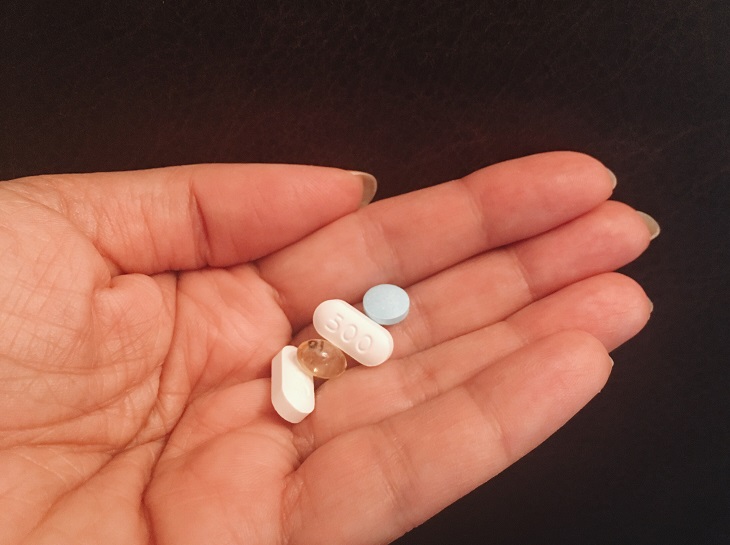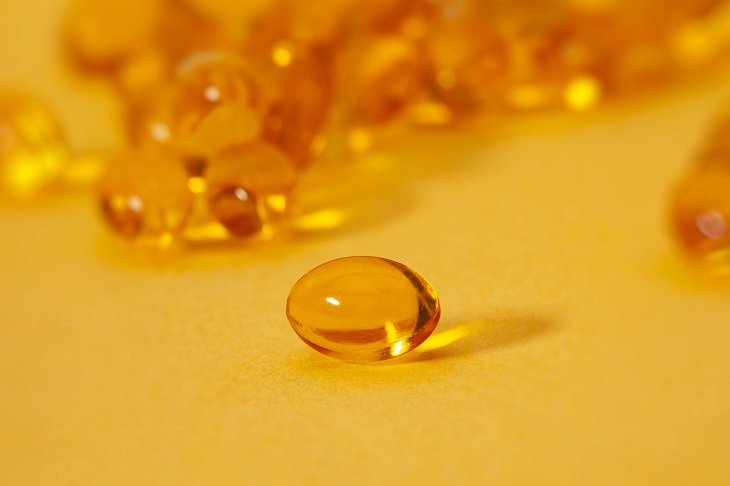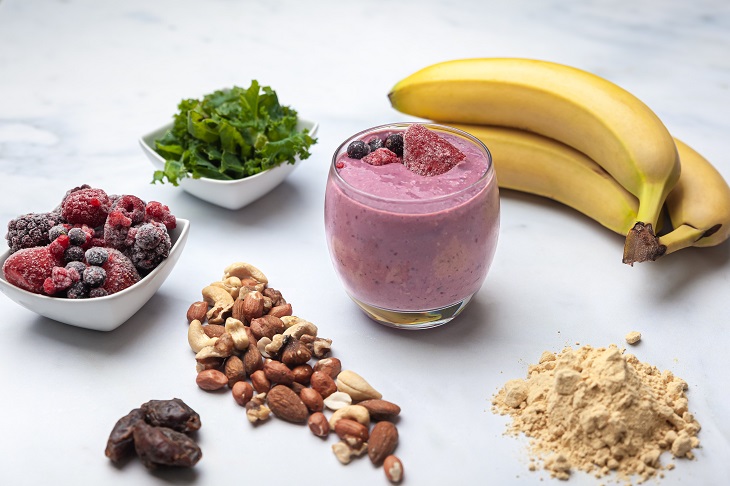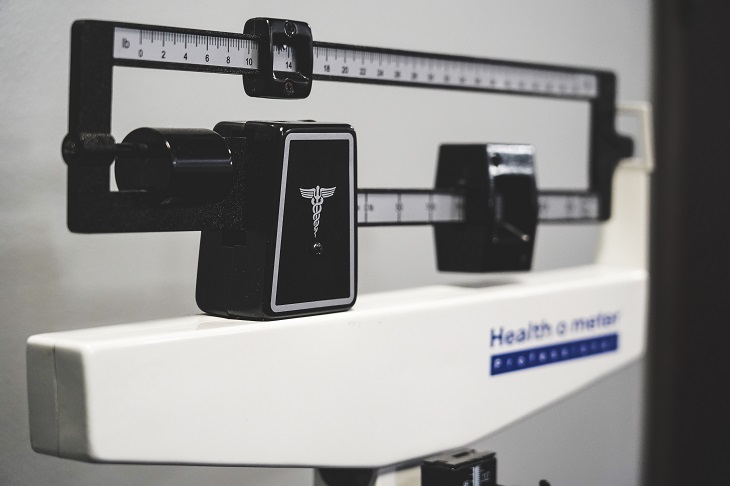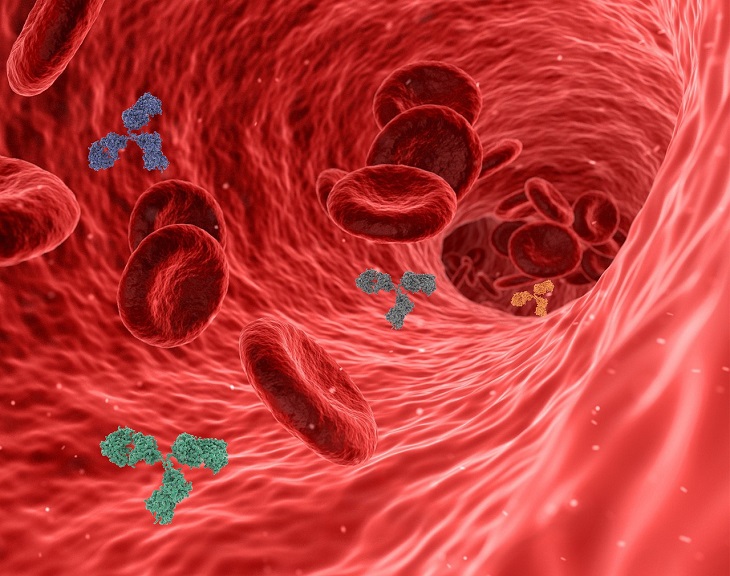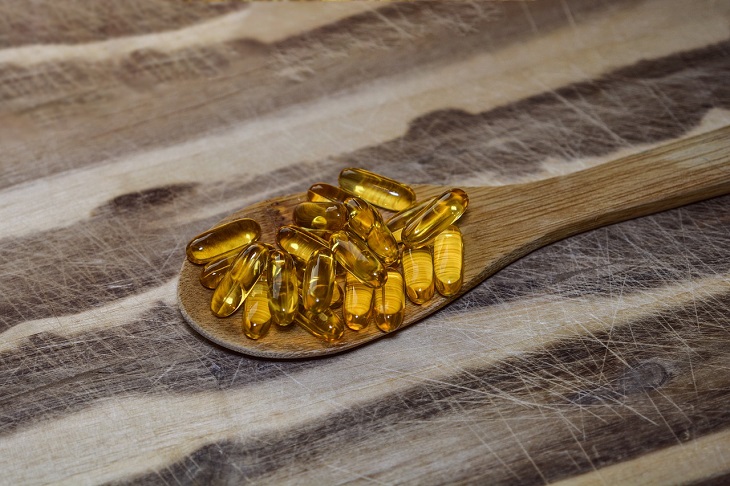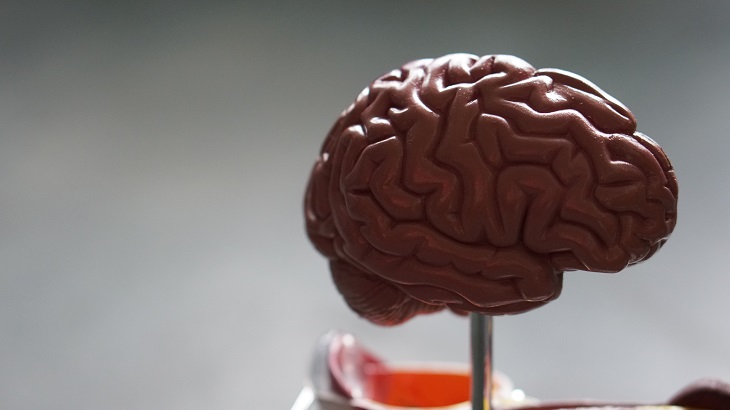Getting enough good-quality sleep is vital for the body to function as it should. During sleep, processes in the body continue to run, repairing muscles, organs, and other cells. Chemicals that help strengthen the immune system are also released into the blood. The brain gets rid of toxic waste that may have accumulated throughout the day and even stores new information. For many people, though, this all-important sleep can be elusive.
From sleep disorders that cause a person to be unable to get a good sleep, to life events that keep people up throughout the night, there are many reasons a person may find it difficult to fall asleep. Some options to help a person sleep include medications, getting on a proper schedule for one’s body, and breathing exercises. But can breathing exercises help sleep, really? And if so, how do you breathe to help you sleep? Read on to find out.
Can breathing exercises help you fall asleep?
Breathing exercises have shown to be highly effective against insomnia. This could be attributed to the fact that they act as aids in reducing the stress and anxiety that may keep people up throughout the night. Insomnia, or the inability to get adequate sleep, is caused mainly by stress. When people are stressed, their ability to relax becomes hindered because of the release of certain hormones, including cortisol and adrenaline. These hormones elicit a response in the body that makes it believe it needs to be ready for action.
When the body feels as though it needs to be in fight or flight mode, it cannot get to a point of relaxation that will lull a person into sleep. Research has found that by changing breath rhythms, however, you can signal your body that it’s time to relax. This causes your heart rate to slow down. It also stimulates the vagus nerve, which travels through the body from the abdomen up to the brain stem and is responsible for the body’s rest and digest behaviours. This leads you into to a calmer state, and thus encourages sleep.

What exercises can I do to fall asleep faster?
Deep breath for sleep isn’t just a matter of taking a few breaths and waiting for yourself to slip on into dreamland. The exercises that are required to help encourage sleep are unique and deliberate in nature. The following five breathing exercises have been proven to induce sleep.
1. The 4-7-8
This breathing technique was developed by Dr. Andrew Weil, a celebrity doctor who bases his practice on alternative medicine. To perform this exercise, you will haveto sit up with your back straight and place the tip of your tongue behind the upper row of front teeth. While keeping your tongue in place throughout the entire breathing exercise, exhale through your mouth while counting to eight. It’s important to make a sound while exhaling, such as a whoosh noise. Once you have exhaled, you will have to close your mouth and take a deep inhale through your nose while counting to four.
It’s important to inhale for the full count of four. You will then hold your breath there for a count of seven. Once you have gone through these steps, you will repeat the cycle four more times. During the repetition, it’s important to keep the counts at the 4-7-8 mark for each breath for it to be truly effective.
2. Bhramari pranayama breathing
Studies have found that this breathing technique is proven to slow heart rate, which can help aid in relaxation and prepare the body for sleep. To perform this exercise, you will start by closing your eyes and breathing deeply in and out. Then, you will position your index fingers above your eyebrows. Using the rest of your fingers, you will cover both eyes.
While breathing, you will apply a gentle level of pressure to the sides of your nose while focusing on your brow area. With your mouth closed, breathe deeply and slowly through the nose and hum, or make the “Om” sound. Once you have completed one round, repeat the cycle five times.
3. Three-part breathing
Perhaps the simplest breathing technique to induce sleep is the three-part breathing exercise. All you have to do is take a long and deep inhale, then exhale all the air. While you’re exhaling, focus on your body and how it feels. Repeat the cycle three times, and then slow down your exhale and repeat.
4. Diaphragmatic breathing
This technique aims to slow down your breathing to help decrease the amount of oxygen your body needs. To perform this exercise, you will want to start out by lying on your back with your knees bent over a pillow. Put one hand flat on your stomach with the other on your chest and begin taking slow and deep breaths through your nose. Keeping your hands in place, you should be able to feel the breaths rise and fall.
Following a few breaths, begin to breathe slowly with your lips pursed. Continue to do this until you are breathing both in and out without your chest moving. This type of breathing exercise also aims to strengthen the diaphragm.

5. Alternate nasal breathing
Studies have shown that practicing alternate nasal breathing can help to reduce stress immediately following the exercise. To perform this breathing technique, you will start by sitting cross-legged with your left hand on your knee and right thumb against your nose. Then, you will fully exhale and close your right nostril using your thumb. Once the nostril is closed and you have finished exhaling, you will inhale through your open left nostril. To exhale, you will close the left nostril and open the right one. Repeat this cycle for a total of five minutes, finishing with an exhale out of your left nostril.
Not being able to get to sleep can induce stress all on its own, but utilizing one of the above breathing exercises can help you limit stress, control your breathing, and enjoy quality sleep once again.
Featured image by Ben Blennerhassett on Unsplash







